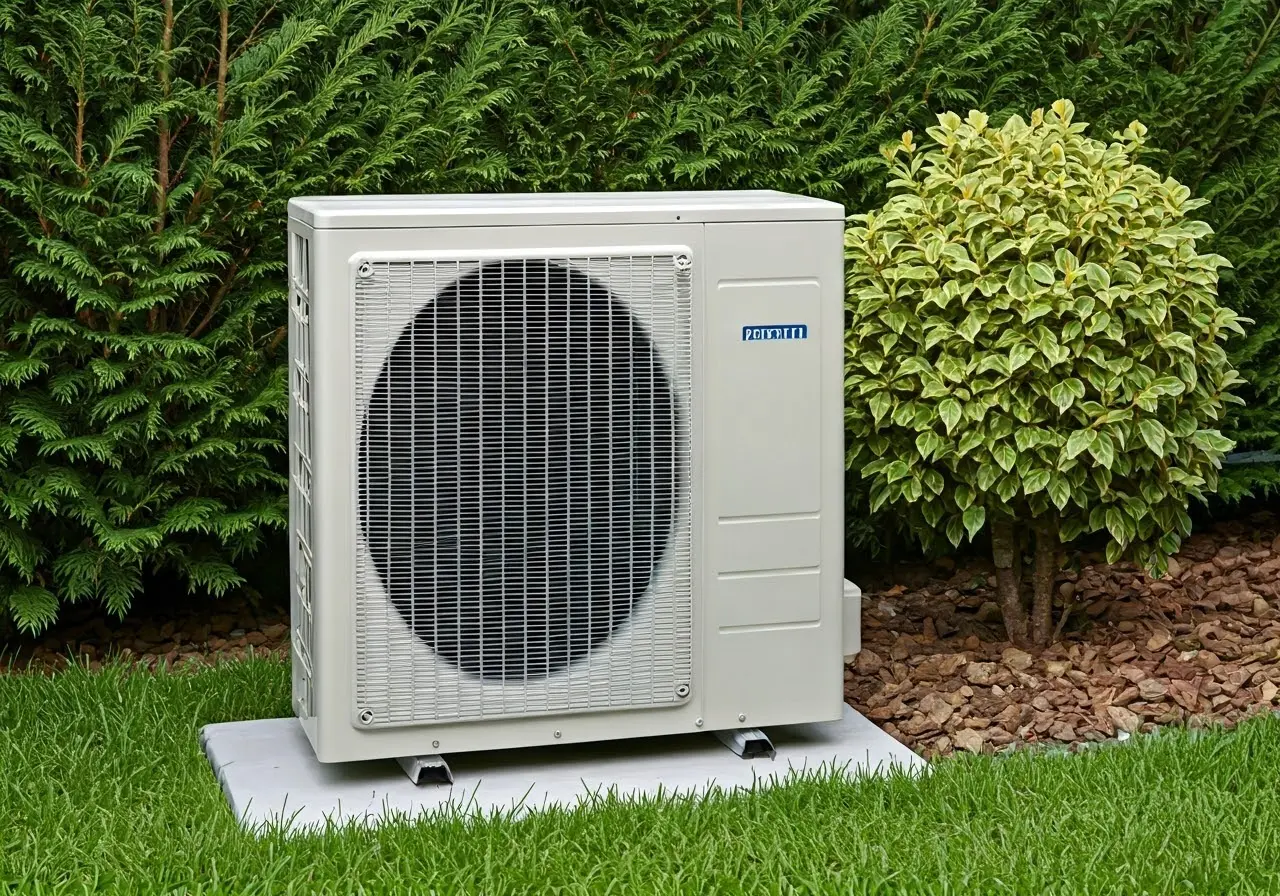Heat pumps are becoming increasingly popular for homeowners in Northwest Georgia due to their energy efficiency and ability to provide comfortable indoor climates. In this FAQ, we’ll explore the various benefits of using heat pumps in this region, helping you make an informed decision about whether they’re right for your home.
Why Are Heat Pumps Ideal for Northwest Georgia’s Climate?
Northwest Georgia’s moderate climate is perfect for heat pumps, as they efficiently transfer heat instead of generating it, making them ideal for both warming and cooling throughout the year.
The seasonal variability in temperature highlights the versatility of heat pumps. In winter, when temperatures rarely fall to extreme lows, the heat pump extracts warmth from the outside air, efficiently heating your home. During the warmer months, the process reverses, transferring indoor heat out, thus cooling your home effectively. This dual functionality is particularly advantageous in regions like Northwest Georgia, where moderate winters and hot summers demand versatile solutions.
Unlike traditional heating systems that rely on fossil fuels, heat pumps operate on electricity and are thus less susceptible to fluctuations in fuel prices. This economic stability provides an incentive for homeowners in the region to consider switching to this energy-efficient option.
How Do Heat Pumps Save Energy?
Heat pumps can significantly reduce energy consumption by moving heat rather than producing it, which is often more efficient than traditional heating and cooling systems.
By transferring heat rather than burning fuel to create it, heat pumps offer a sustainable approach to home heating. This process is notably more efficient because it leverages existing heat sources like ambient air, instead of relying solely on new energy production, which can be wasteful. In doing so, homeowners often see a noticeable decrease in their energy bills, as less energy is required to achieve the same level of comfort.
In fact, modern heat pumps can achieve an efficiency rate of up to 300%, meaning for every unit of electricity used, they can produce up to three units of heat. This contrasts sharply with traditional systems, which often lose efficiency as they convert energy from one form to another.
What Are the Environmental Benefits?
Heat pumps decrease greenhouse gas emissions due to their lower energy requirements, thus contributing to a reduced carbon footprint in comparison to conventional HVAC systems.
Their reliance on electricity rather than fossil fuels also minimizes harmful emissions, such as carbon dioxide and other greenhouse gases commonly associated with fuel combustion. In regions like Northwest Georgia, where the push for sustainable energy solutions is gaining momentum, integrating heat pumps into your home’s HVAC system can significantly lower your environmental impact.
Furthermore, when paired with renewable energy sources like solar power, the environmental benefits of heat pumps are amplified even further. This synergy not only reduces reliance on grid electricity but also promotes a cleaner, more sustainable energy cycle.
How Do Heat Pumps Enhance Home Comfort?
Heat pumps provide consistent indoor temperatures and can dehumidify the air during summer, improving overall comfort levels inside your home.
In addition to temperature regulation, heat pumps operate very quietly, eliminating the loud noises typical of some traditional air conditioning systems. This creates a more peaceful and relaxing home environment.
Furthermore, the dehumidification capabilities of heat pumps are crucial in maintaining comfortable humidity levels during the humid Georgia summers, reducing the occurrence of mold and mildew, and enhancing indoor air quality.
Are Heat Pumps Cost-effective in the Long Run?
While initial installation costs may be higher, heat pumps tend to offer long-term savings on energy bills, often outweighing the upfront investment over time.
The longevity and durability of heat pumps further enhance their cost-effectiveness. With regular maintenance, these systems can last upwards of 15 years, providing consistent savings year after year. This durability means fewer replacements and less frequent repairs compared to traditional systems, making them a wise financial investment.
Moreover, many utility companies in Georgia offer rebates and incentives for the installation of energy-efficient systems like heat pumps, which can offset the initial costs and make them even more economically appealing.
Making the Right Choice with Heat Pumps
Choosing a heat pump for your home in Northwest Georgia can offer numerous advantages, from energy savings and environmental benefits to improved comfort and flexibility. As you consider your heating and cooling options, keep these benefits in mind to determine if a heat pump is the ideal solution for your needs. To learn more about how we can help you with your heat pump installation, visit our homepage.










